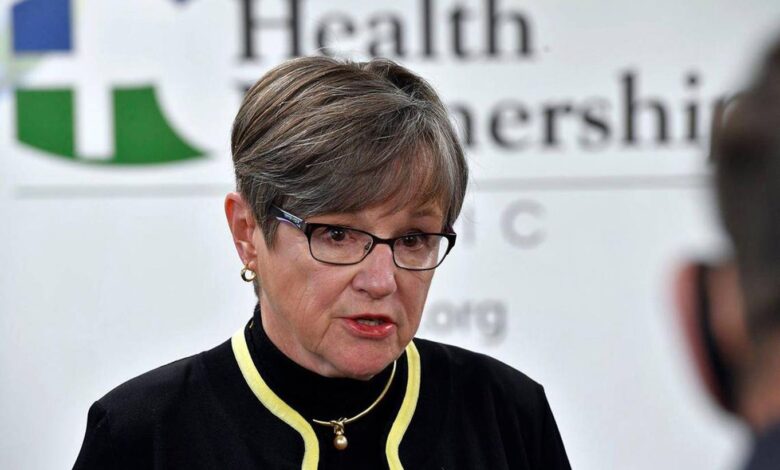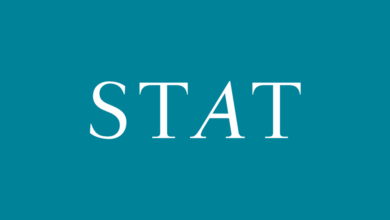Measles Continues To Spread—And Misinformation Is Making It Worse

In this week’s update on healthcare and medical innovations, we delve into the concerning rise of measles cases in Texas and across the United States, along with the spread of misinformation about the disease. The outbreak in Texas, with over 624 confirmed cases, has been linked to neighboring states like New Mexico and Kansas, highlighting the need for increased vaccination efforts.
A recent survey from the Kaiser Family Foundation revealed alarming levels of misinformation about measles, particularly among Republican parents. With beliefs ranging from vaccines causing autism to vitamin A preventing measles infections, public health efforts are facing significant challenges in controlling the spread of the disease. HHS Secretary Robert F. Kennedy Jr.’s support for these debunked theories adds to the complexity of the situation.
In response to the measles outbreak in Kansas, Governor Laura Kelly has urged parents to vaccinate their children and combat the influence of the anti-vaccination movement. Emphasizing the importance of factual information and consultation with healthcare providers, she called for proactive measures to address the situation.
In a surprising development, the Trump administration’s Department of Justice has targeted medical journals for alleged bias, raising concerns about editorial independence and freedom of expression. Journals like CHEST and the New England Journal of Medicine have received letters questioning their acceptance of diverse viewpoints, prompting responses defending their editorial autonomy.
On the biotech and pharma front, HHS Secretary Robert F. Kennedy Jr. is contemplating withdrawing recommendations for children to receive Covid-19 vaccines, despite the growing prevalence of long Covid and higher mortality rates among children. This decision could impact efforts to curb the disease’s impact on younger populations, especially amid ongoing research on next-generation vaccines.
In the digital health and AI sector, Havas has made a strategic investment in Ostro, an AI company for life sciences, to bolster its capabilities in the evolving healthcare landscape. This move aligns with the industry’s shift towards innovative solutions and data-driven approaches to improve patient outcomes.
In the medtech realm, China’s restrictions on rare earths pose challenges for medical equipment like MRI machines, highlighting the interconnectedness of global supply chains in healthcare. Meanwhile, Biolinq’s successful $100 million series C funding round reflects growing interest in biosensors for precision health applications.
In the realm of public health and hospitals, the closure of Crozer Health hospitals in Pennsylvania and Providence’s freeze on non-clinical hiring underscore the financial pressures facing healthcare systems. These developments signal ongoing challenges in the healthcare industry amid economic uncertainties and shifting priorities.
In a notable deal of the week, Nourish, a telehealth platform connecting patients with registered dieticians, secured a $70 million series B funding round to expand its personalized nutrition support for chronic disease patients. Founded by Forbes 30 under 30 alums, Nourish aims to enhance patient care through tailored diet plans and innovative solutions.
As we navigate the evolving landscape of healthcare and medical innovations, staying informed and proactive is crucial in addressing complex challenges and advancing patient care. From combating misinformation about diseases like measles to exploring cutting-edge AI solutions in healthcare, the industry continues to evolve, driving progress and innovation in the pursuit of better health outcomes.





